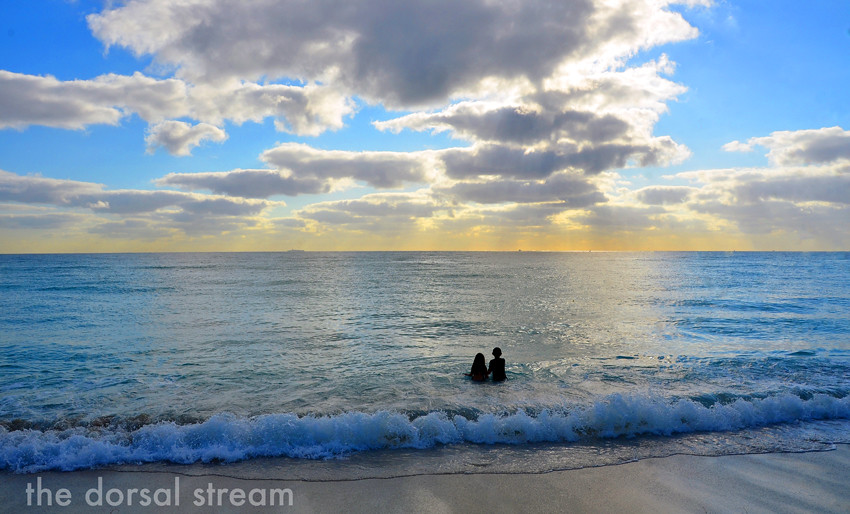"When first I took up my abode in the woods, that is, began to spend my nights as well as days there, which, by accident, was on Independence Day, or the Fourth of July, 1845, my house was not finished for winter, but was merely a defence against the rain, without plastering or chimney, the walls being of rough, weather-stained boards, with wide chinks, which made it cool at night."The striking thing about this passage is that Thoreau essentially declares his independence from America on the day that America celebrates its own independence, and that he notes this was "by accident." He didn't, in other words, make the date of his leaving anything particularly auspiscious, and in doing so encourages his reader to think that our country's own independence was, in an important sense, equally accidental.
It's the fifth anniversary of the attacks on the World Trade Center towers today, and it's impossible not to think and rethink about that day. When I do, the Thoreau passage keeps creeping back into my head, usually from the side. My wife and I have lived in New York for about twelve years now (and, for what it's worth, it sometimes still seems as though our house is like Thoreau's--merely a defense against the rain). We lived in Greenwich Village in 2001, a historic neighborhood about a mile or so north of what's now called Ground Zero. From a corner of Sixth Avenue, I watched a tower collapse into itself while my wife glided to work underground as usual on the 2 subway train. She had to walk home with thousands of others not long after arriving in Midtown. The entire landscape of the city had become a target; every set of stairs had become a racetrack.
We're still here, five years later, now living a few blocks from where the towers stood and from where construction has finally begun to make something of that place. I think about what happened there often enough, I suppose--sometimes of my wife's law school roommate who died and his young son who can only remember him, sometimes of those who chose to leap from the broken windows 80 stories up instead of waiting for what was coming for them, whatever it was. Sometimes when I'm pushing Q and The Boy on the swings outside our building, I catch myself being suspicious of an airliner that seems to hang, just for a moment longer than I think it should, over the Hudson on approach to LaGuardia Airport.
As for bigger changes, I don't know. We have a discussion with all our babysitters as to what to do in case of an attack, which, thankfully, my brother and his wife who live in the Midwest don't have to have with those who watch their boys. I do worry (probably less than I should) whether we're breathing little bits of the towers even now and what that means for the kids. I don't know. If we had Q and The Boy five years ago, we may very well have left the city like several of our friends. But in those days following the attacks, as we walked by the walls covered with posters for the missing and the quiet lines of people waiting to give blood, we decided not to let go of New York. Not yet.
 We were not alone. Perhaps ironically, our neighborhood--five years ago nothing more than broken windows and debris under otherworldly dust--is thriving. It's one of the greenest areas in the city, and one of the fastest growing. We've seen at least five new apartment buildings rise up and sell out since moving down here. A public library will soon be built across the street from us (sharing space with luxury condos, of course), as will a high-end bakery and coffee shop. Here comes the neighborhood, as we like to say.
We were not alone. Perhaps ironically, our neighborhood--five years ago nothing more than broken windows and debris under otherworldly dust--is thriving. It's one of the greenest areas in the city, and one of the fastest growing. We've seen at least five new apartment buildings rise up and sell out since moving down here. A public library will soon be built across the street from us (sharing space with luxury condos, of course), as will a high-end bakery and coffee shop. Here comes the neighborhood, as we like to say.More generally, the date 9/11 has become a name for something that was inevitable--or at least a shorthand for the moment when everything suddenly became profoundly different. Some even believe that those who planned the attacks chose that particular day because it's the number we dial in emergencies. (That's unlikely, though, given that we're one of the few countries that write our dates with the month first.) To put it a little differently, I can understand why someone might think that day was inevitable. Fated.
But it's worth pausing for a moment--perhaps on this day more than another--to think about what it means for something to be accidental or to happen by accident. Philosophers like to make the distinction between something's being accidental or extrinsic and something's being essential or intrinsic. Intrinsic features determine what a thing is. In this sense, 9/11 is an accidental event, one arising from a galaxy of factors, internal and external, American and otherwise. It's not of our American essence, I think, that we should be attacked. I'd like to think that a single day, however horrific, cannot determine us.
We have a life here, and in many ways a good one. We see the Statue of Liberty each time we fall out into the parks close by; we fit pretty neatly in this amazingly international city that statue overlooks. Perhaps I naively comfort myself by thinking, though so many made so many choices that blue-skied September morning, any day and no day could be just like that one.
